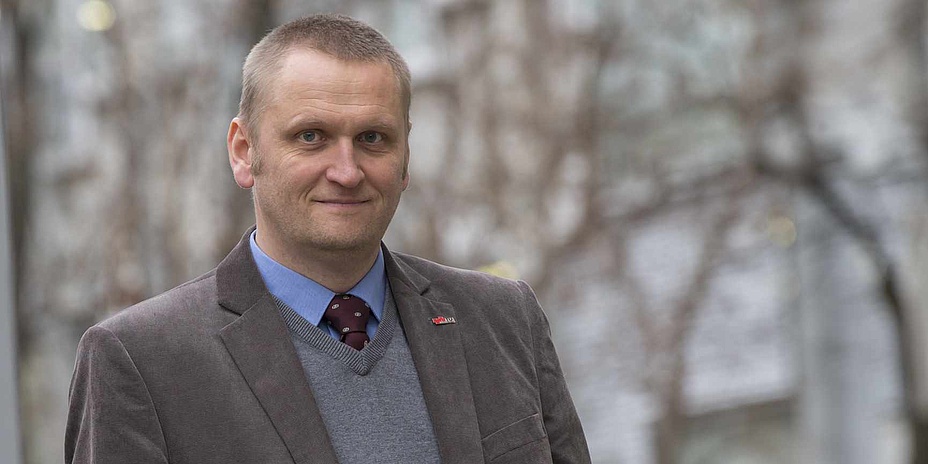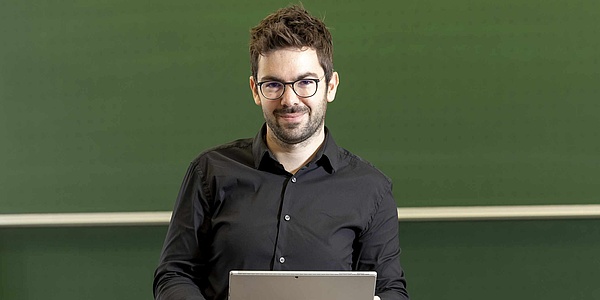What Do I Need to Consider When Applying for an ERC grant?

Who can apply for an ERC grant?
All researchers who have completed a doctorate. Applicants should already be ‘visible’ in their research community and have made a name for themselves. The calls are open to all topics and disciplines. The European Research Council (ERC) awards various grants to young researchers (Starting Grants), to scientists who are already established in the research community (Consolidator Grants), to established scientific greats (Advanced Grants) and to researchers who have already received a grant (Proof of Concept).
What do I need to consider when applying for an ERC grant?
Interested parties should allow sufficient time for the application, the guideline is one year. The topic must be ground-breaking; it must not be a continuation of something that has already had research done on it by the applicant. The entire application (a short application/proposal of 5 pages, CV and the detailed application of 14 pages and a budget plan) must be perfectly thought out.
How does an ERC application or evaluation work?
The application consists of a two-stage process. In the first stage, a short proposal of 5 pages is evaluated by the responsible ERC panel according to the criteria of excellence of the project and excellence of the applicant. Once this hurdle has been overcome, the second stage follows. The 14-page application, which was submitted at the same time as the 5-page concept, is then evaluated. This is followed by a presentation by and interview with the grant candidate in Brussels. External experts are also consulted in the second evaluation phase.
Who at TU Graz will support me in applying for an ERC grant?
The R&T House and the TU Graz ERC Club provide support and valuable feedback at every stage of the application process. Among other things, the R&T House draws up schedules for the application, sends out reminders and checks whether the formal criteria for the application have been met. The members of the ERC Club, so-called TU Graz ERC grantees, who already have an ERC grant in their pocket, read through the respective applications, give suggestions and – if the first evaluation stage has been passed – individually train the grant candidates for the interview. ‘I am convinced that there are many researchers at TU Graz who have what it takes to win an ERC grant,’ says Gernot Müller-Putz, ‘the scientists just have to have the confidence to do it.’ Interested parties are therefore cordially invited to the TU Graz ERC Club evenings.
How important is my CV?
The CV is very important, as the grants are a personal honour. This means that in addition to the excellence of the project/topic, the qualifications of the grant candidates are also decisive.
What are the most common mistakes?
Mistakes happen when applicants give themselves too little time for the application. A good application demands perfection. Every word has to be right – and that takes time. The 5-page proposal must convince people who are not all experts in the respective field – and it is precisely these people who must be convinced of the merit of the groundbreaking research. Preparation for the application must also be perfect. Absolute no-no’s include spelling mistakes and graphics with poor resolution, as well as inaccuracies and superficiality.
Kontakt
TU Graz expert: Gernot Müller-Putz
- Has been at TU Graz since 2000
- Dean of the Faculty of Informatics and Biomedical Engineering, heads the Institute of Neural Engineering
- In 2015, Müller-Putz received the prestigious ERC Consolidator Grant for the ‘FEEL YOUR REACH’ project. Funding volume: 2 million euros over 5 years




